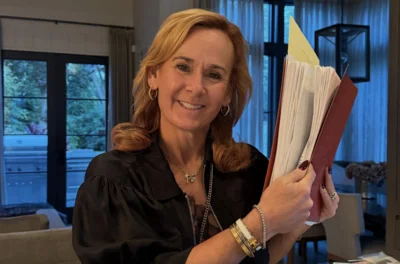Rendering of Jefferson Learning Center
Rendering of Jefferson Learning Center
The Wheaton Warrenville Unit District 200 school board elected to allow voters to decide whether to replace the Jefferson Early Childhood Center days before a planned groundbreaking ceremony.
It will be the third such referendum for voters in the last five years.
The board planned to construct the new $15 million school using a leasing system that would have cost approximately $1 million a year, paid to a Utah bank. The board would have the option to purchase the structure for a dollar at the end of the lease. The district received contractor bids on the project and spent $600,000 in design, before moving to hold a vote on the project.

Jan Shaw
The current school was constructed in 1958 and serves approximately 300 children ages 3 to 5, most of whom are special-needs students who require special accommodations.
The lease agreement garnered vocal opposition from residents of the district and the board reluctantly pulled the plan. The board’s decision came on Aug. 20, the last day a ballot initiative could be added for November’s election.
The new school would have possibly created a costly legal defense for the school, as former school-board candidate Jan Shaw had filed a lawsuit against the school for allegedly using a legal “loophole” to fund the project.
"We got great bids,” board Vice President Brad Paulsen told the Daily Herald. “We were ready to go, and we got put in a box. So, here we are. We're going to take this vote and see how it goes in November, and we're not going to be satisfied as a board until those kids are in the right kind of learning environment to support them."
Board President Jim Vroman told the Daily Harold that the district adamantly disagrees with the claims in Shaw’s lawsuit.
"According to Illinois School Code, we have the ability to enter into such a lease agreement and the language in the lease agreement was very explicit that it could only be paid out of operating funds, not through levying a separate special property tax to finance the costs," Vroman was quoted as saying.






 Alerts Sign-up
Alerts Sign-up